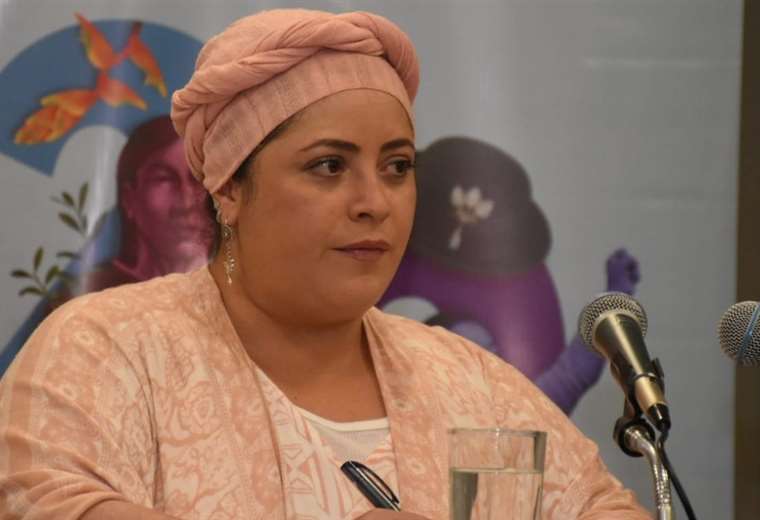The productive sector welcomed the decision of the Monetary Policy Committee (Copom) to maintain the Selic rate (basic interest rates) at 13.75% per year. Entities, however, asked the Central Bank (BC) to start reducing the rate as soon as inflation is contained.
For the National Confederation of Industry (CNI), high interest rates are still necessary to control current inflation and keep expectations for prices in 2022 and 2023 under control. The entity, however, highlighted that Brazil has one of the highest real interest rates ( above inflation) in the world and defended the balance of public spending so that interest rates begin to fall more quickly.
“Lower interest rates no longer represent such an intense obstacle to consumption and investments and, thus, allow for a better performance of the economy. Furthermore, they do not compromise the process of fighting inflation. To allow for a faster start and a more intense drop in interest rates, it is important to control public spending and a commitment to fiscal balance”, said, in a note, the president of the CNI, Robson Braga de Andrade.
According to the CNI, monetary policy has been in the contractionary field since December 2021, with interest rates discouraging economic activity. For the confederation, the intensity of this contractionary policy is quite strong, as the real interest rate is around 8% per year, which represents 4 percentage points above the neutral interest rate, the one that neither stimulates nor discourages economic activity. economic.
The Federation of Industries of Rio de Janeiro (Firjan) considers the decision of the Monetary Policy Council of the Central Bank Copom to maintain, at this moment, the basic rate of the economy (Selic) at 13.75%. However, the trade association points out that “interest rate stability at a high level will significantly limit the ongoing economic growth process. The latest data on economic activity already show results below expectations, especially for industrial production “.
In a note, Firjan also says that once the prospect of a global economic slowdown intensifies, the entity “reiterates that the growth of the Brazilian economy depends on assertive measures. In this way, the preservation of investment, employment and income necessarily passes for a successful calibration of monetary policy, responsible fiscal measures and a well-defined agenda of structural reforms. Without this, the scenario of high inflation, high interest rates and low growth will inevitably resume”.














